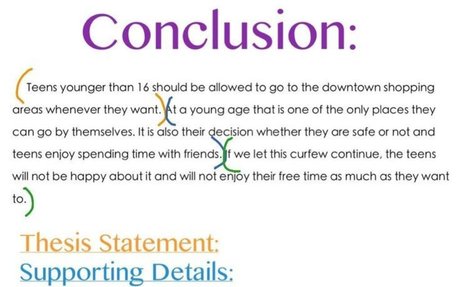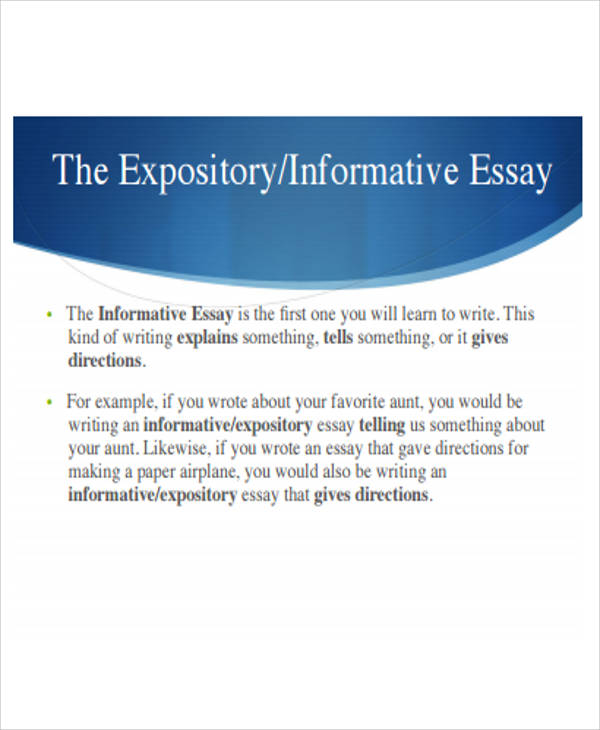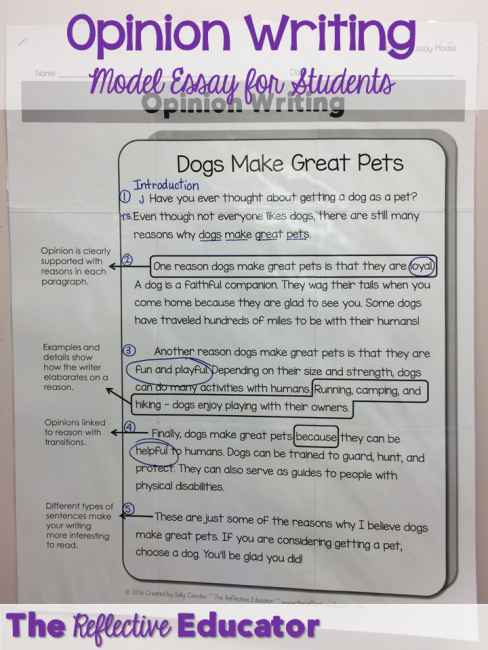
How to Write a Conclusion for an Essay
When it comes to writing a conclusion, you should avoid rewriting the entire essay and instead focus on amplifying the most important points of the paper. You should use one-syllable words that have a single meaning and stay away from phrases like “in conclusion” or “to summarize.”
Restate main points
The conclusion for an essay should summarize the main points made in the body of the paper. Some instructors will expect students to repeat their main points in the conclusion, especially if their arguments are complex. Ideally, the conclusion should use different language than the introduction. If you must restate the main points, be sure to state them in a different way. If you are unsure of how to write a conclusion for an essay, consider rewriting the introduction or writing a summary of the main points.
When composing the conclusion, keep in mind that the reader wants to know what you plan to say next. If your essay is argumentative or expository, you should conclude by presenting your case for further reading or action. Nonetheless, it is important to remember that the conclusion is not the place to provide new information. Rather, it is the best place to restate the main points. This way, your audience will feel informed and inspired.
Cite concrete details
To summarize your essay, you must use concrete details that will motivate your readers to think. You can describe the exact environment of a particular event, such as a college campus, using concrete details. Details will help you explain an abstract idea. For example, a product essay may mention the lectern, which is one of the most important elements of the teacher-centered approach. Concrete details can help your readers understand the details more deeply.
If you are writing an analysis of a literary work, the conclusion should summarize your analysis and emphasize its originality. For example, if you describe the taste of a particular tree, the second sentence is more concrete than the first. After you finish introducing concrete details, switch back to conceptual topic sentences in the conclusion. Using concrete details in the conclusion will help your reader understand the connections between the supporting sentences and the main idea.
Use one-syllable words
As you write your conclusion, remember to link the first and last paragraphs of your essay with powerful one-syllable words. One-syllable words have a simple rhythm and can help you to create understated drama in your essay. Similarly, using compound and parallel sentences can help you establish balance. A well-written conclusion is a powerful tool to help you get your point across.
Short words are easier to say and spell than long words. Besides being short, they are also clear, sharp and easier to pronounce. As a result, short words are easier to read and understand. According to Flesch reading ease, they have a lower chance of being mispronounced or misspelled. You should avoid using words that are overly long as it will confuse the reader. Instead, choose words with fewer than nine letters.
Avoid phrases like “in conclusion” or “to sum up”
When writing your essay conclusion, you need to avoid using phrases such as “in conclusion” or “to sum up.” While you can use these terms when writing an essay, they are not necessary. It is more important to keep the focus on the message that you want to communicate rather than using a generic phrase. For example, “after all is said and done” is more common in speech writing than in an essay.
In addition, you should also avoid using terms like “to summarize” and the more generic “in conclusion.” These are filler words and will confuse your reader and not help them understand the meaning of your paper. Instead, use a concise sentence to summarize the main points of your essay. This will keep your essay from sounding too dry and too stiff. When writing your essay conclusion, use plain language.


